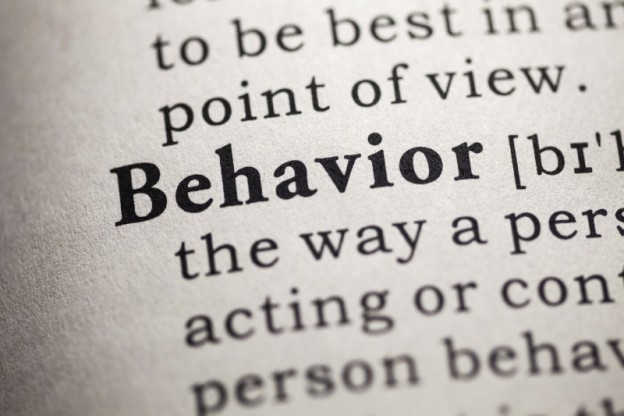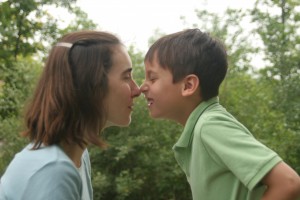
Behavior Translation: 11 Examples Of What Behavior Really Means
Behavior is communication. But sometimes behavior is a foreign language that needs to be translated - it may mean something different from what it appears to mean.
I am my son’s translator. Over the years, I’ve often been asked, “What does it mean when Louie does this?” At other times I’ve volunteered an explanation when family members, friends and teachers were perplexed. Gradually the explanations have started coming from Louie himself as he develops his own style of self-advocacy, but he still has difficulty telling me when he’s sick or hurt. So I’ve learned to observe small changes in his behavior and facial expressions - on a few occasions, I actually had to follow a trail of blood.
I think most caregivers have their own internal “dictionary” to interpret behavior, because each person has unique behaviors and motivations. What does your behavior dictionary look like? I’ve collected 11 examples from mine here:
1. Evidence: He sleeps past 7am What it means: Check for fever.
2. Evidence: Nosebleed What it means: Check for broken fingernails - start a movie and trim all fingernails and toenails.
3. Evidence: He laughs hysterically for long periods of time What it means: Abdominal discomfort - treat for constipation.
4. Evidence: Dragging his feet instead of skip-flopping like he usually does What it means: Offer sunglasses, check for dehydration, check feet for blisters.
5. Evidence: Loud, rapid speech What it means: Treat for anxiety.
6. Evidence: Sitting quietly - unusually detached from others in the room What it means: Treat for dehydration (he often “forgets” to drink water, and he even passed out once from dehydration).
7. Evidence: Whining and crying What it means: Difficulty with transition - review schedule.
8. Evidence: Sudden screaming What it means: Panic attack - remove trigger and help him feel safe.
9. Evidence: Extreme stimming or repetitively teasing sibling into tears What it means: Check for injury or other source of pain - if no injury is present, he's bored or under stimulated. Provide and supervise alternative activity.
10. Evidence: Severe hyperactivity What it means: He’s overtired, start the bedtime routine.
11. Evidence: He says he wants the exact opposite of what he really wants What it means: He’s hungry, get dinner on the table ASAP. Meltdown is imminent.



